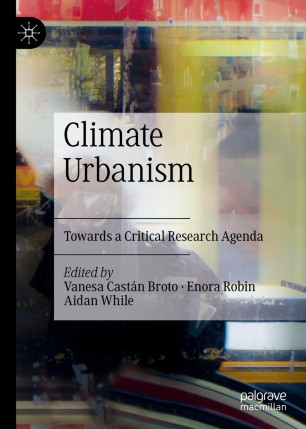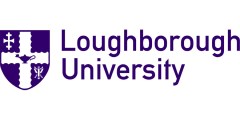
It was great to join the Net Zero Futures 21 Conference organised by the Energy Research Accelerator and the Centre for Postdoctoral Development in Infrastructure, Cities and Energy (C-DICE) on 27th October 2021 at the University of Birmingham. The event was a unique conference for doctoral and postdoctoral researchers whose work contributes to the Government’s target of Net Zero Carbon emissions by 2050. I spoke in the panel discussion on ‘Future challenges for Net Zero and sustainable energy’. The session was chaired by Katherine Jackson and speakers included:
- Dr Nina Skorupska, Chief Executive of the Renewable Energy Association
- Dr Long Seng To, RAEng Engineering for Development Research Fellow and Lecturer in Resilient Energy Systems, Loughborough University
- Dr Yesmeen Khalifa, Research Associate, Keele University
- Dr Samuel Pering, Doctoral Prize Fellow, Loughborough University
Read more about the conference here.



















